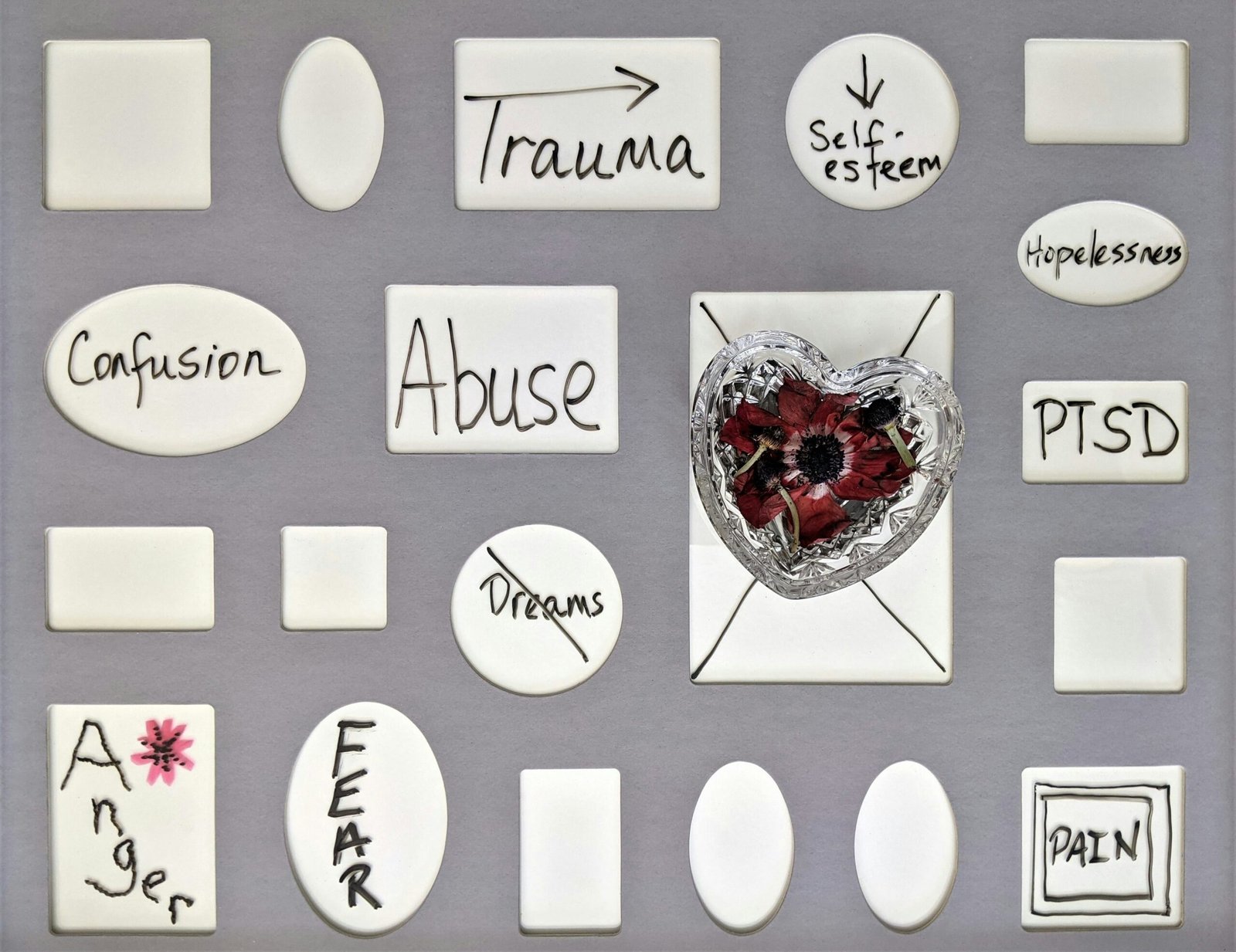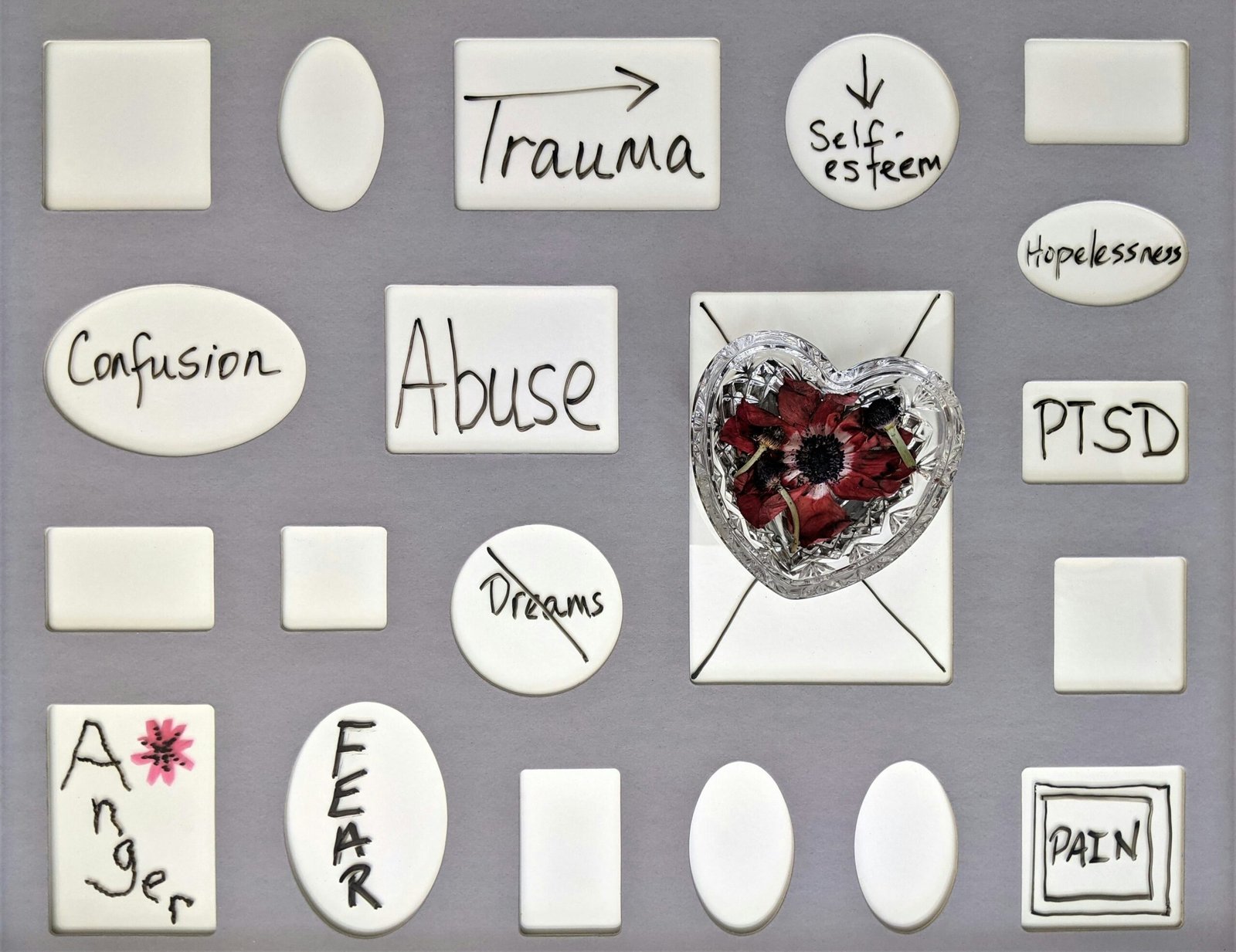Reconnecting After Trauma: 10 Ways to Rebuild and Heal
Life can be unpredictable, and sometimes we find ourselves facing traumatic events that shake us to our core. Whether it’s a personal tragedy, a natural disaster, or a global crisis, trauma can leave lasting scars on our mental, emotional, and physical well-being. It can also strain our relationships, causing disconnection and distance.
However, it’s important to remember that healing and rebuilding are possible. In this article, we will explore 10 ways to reconnect after a traumatic event, providing you with practical strategies to rebuild your relationships and find healing together.
1. Prioritize Self-Care
When dealing with trauma, it’s crucial to prioritize self-care. Take time to focus on your own healing, both physically and emotionally. Engage in activities that bring you joy, practice mindfulness and relaxation techniques, and seek professional help if needed. By taking care of yourself, you’ll be better equipped to support your loved ones.
2. Communicate Openly and Honestly
Open and honest communication is key to rebuilding relationships after trauma. Create a safe space where both partners can express their feelings, fears, and concerns without judgment. Active listening and empathy are crucial during these conversations, as they foster understanding and connection.
3. Seek Professional Support
Professional support can play a vital role in the healing process. Consider seeking therapy or counseling to navigate the challenges that arise after a traumatic event. A trained professional can provide guidance, tools, and strategies to help you and your partner reconnect and heal together.
4. Practice Patience and Understanding
Rebuilding after trauma takes time, patience, and understanding. Recognize that healing is a journey, and it may involve setbacks along the way. Be patient with yourself and your partner, and offer understanding and support as you navigate the path to recovery together.
5. Rediscover Shared Interests and Hobbies
Engaging in activities you both enjoy can help rebuild the bond that trauma may have strained. Rediscover shared interests and hobbies, and make time to enjoy them together. Whether it’s cooking, hiking, or painting, finding joy in shared experiences can bring you closer and foster healing.
6. Practice Mindfulness and Gratitude
Mindfulness and gratitude can be powerful tools in healing after trauma. Incorporate mindfulness practices into your daily routine, such as meditation or journaling. Take time to express gratitude for the positive aspects of your relationship and life. Cultivating a mindset of mindfulness and gratitude can help shift focus from the trauma to the present moment and the potential for growth.
7. Create a Safe and Supportive Environment
Creating a safe and supportive environment is essential for reconnecting after trauma. Ensure that both partners feel heard, validated, and respected. Establish boundaries and set clear expectations for communication and behavior. By fostering a safe and supportive space, you create the foundation for healing and rebuilding.
8. Practice Forgiveness
Forgiveness is a powerful tool for healing and rebuilding relationships after trauma. It’s important to acknowledge the pain and hurt caused by the traumatic event, but also to let go of resentment and anger. Forgiveness allows for growth, understanding, and the possibility of a renewed connection.
9. Educate Yourself on Trauma
Understanding the impact of trauma is crucial for both partners. Educate yourself on the effects of trauma and its potential long-term consequences. By gaining knowledge and insight, you can better support each other and navigate the challenges that arise during the healing process.
10. Celebrate Small Victories
Rebuilding after trauma is a journey, and it’s important to celebrate the small victories along the way. Acknowledge and celebrate the progress you make as individuals and as a couple. By recognizing and appreciating each other’s efforts, you strengthen your bond and create a positive environment for healing.
FAQs
Q: How long does it take to reconnect after trauma?
A: The time it takes to reconnect after trauma varies from person to person and depends on the nature of the event. Healing is a journey, and it’s important to be patient and understanding with yourself and your partner.
Q: Can therapy help in reconnecting after trauma?
A: Yes, therapy can be a valuable resource in rebuilding relationships after trauma. A trained professional can provide guidance, support, and strategies to help you navigate the challenges that arise.
Q: What if my partner doesn’t want to seek professional help?
A: It’s important to have an open and honest conversation with your partner about the benefits of seeking professional help. Express your concerns and the positive impact therapy can have on your relationship. If they are still hesitant, consider seeking individual therapy to support your own healing.
Q: How can I support my partner during their healing process?
A: Support your partner by actively listening, practicing empathy, and being patient. Encourage self-care and offer reassurance and understanding. Remember, healing after trauma is a journey, and your support can make a significant difference.
Q: Can reconnecting after trauma strengthen a relationship?
A: Yes, reconnecting after trauma has the potential to strengthen a relationship. Going through challenging experiences together can foster resilience, deepen understanding, and create a stronger bond.
Tips
– Take small steps towards reconnecting and rebuilding. Rome wasn’t built in a day, and healing takes time.
– Practice self-compassion and be gentle with yourself and your partner throughout the healing process.
– Celebrate milestones and achievements, no matter how small they may seem.
– Remember that healing is not linear, and setbacks are a natural part of the journey. Keep moving forward.
Reconnecting after trauma is a challenging but rewarding endeavor. By prioritizing self-care, practicing open communication, seeking professional support, and embracing patience and understanding, you can rebuild and heal together. Remember, healing is a journey, and with time, effort, and support, you can find connection and resilience once again.
Now, it’s time to take the first step towards healing. Share this article with others who may benefit from these strategies, and let’s support each other on the path to reconnecting after trauma.
Disclaimer: The information provided in this article is for educational purposes only and should not be considered as professional advice. If you or someone you know is in need of immediate help, please reach out to a mental health professional or a helpline in your country.









